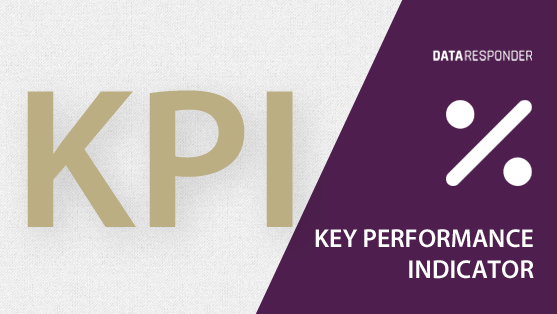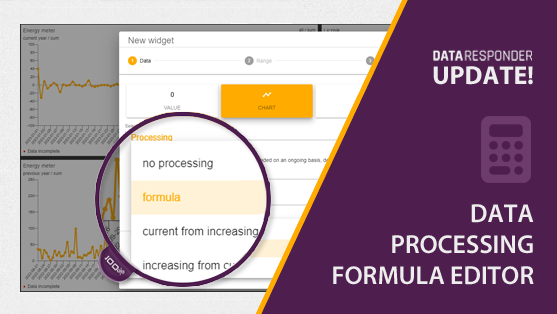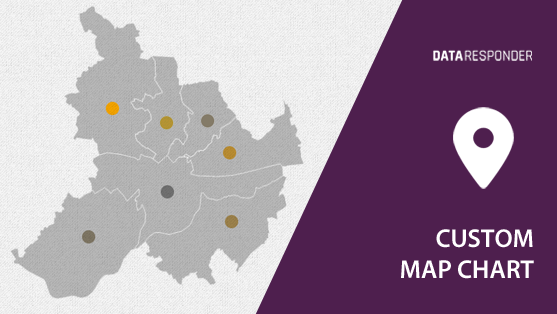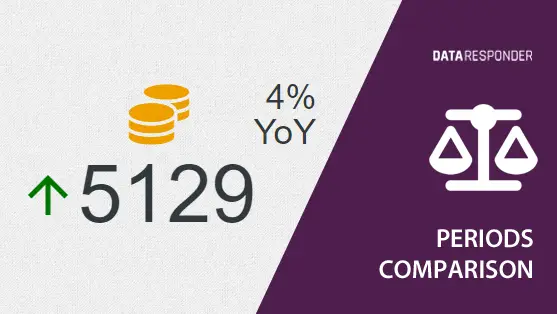Introduction
Key Performance Indicators (KPIs) are crucial tools that help organizations measure their effectiveness and success in achieving key business objectives. Examples of popular KPIs include Net Profit Margin, Customer Satisfaction Scores, Conversion Rates, and Employee Turnover Rates. These indicators help organizations gauge their performance in critical areas such as financial health, customer loyalty, sales effectiveness, and human resource management.
Understanding KPIs
KPIs are measurable values that demonstrate how effectively a company is achieving its key business objectives. Organizations use KPIs at various levels to evaluate their success at reaching targets.
An example of a critical KPI is the Net Profit Margin, which measures a company’s profitability by calculating the percentage of revenue that exceeds the costs of operating the business. The formula for Net Profit Margin is:
Net Profit Margin = (Net Profit / Total Revenue) × 100
A favorable trend in the Net Profit Margin is an increasing percentage, indicating that the company is managing its costs effectively while increasing its revenue. This KPI is particularly important as it provides insight into the overall financial health of the company, reflecting its ability to generate profit from sales.
Importance of selecting the right KPIs
Choosing the right KPIs is crucial as they should align with the strategic objectives and should reflect the organization’s goals. They provide focus to the team and offer benchmarks for comparison.
How to select the right KPIs
Align with Objectives: Ensure KPIs align with strategic business goals.
- Be Quantifiable: KPIs need to be measurable to effectively track performance.
- Be Understandable: Everyone in the organization should understand what the KPIs mean.
- Be Actionable: The data should prompt decisions that impact the business.
Custom KPIs in Data Responder
Data Responder enhances KPI functionality by allowing users to define their own mathematical formulas. This flexibility lets organizations tailor performance metrics specifically to their needs, enabling more accurate and relevant performance assessments.
Conclusion
KPIs are more than just numbers – they are a reflection of the company’s strategy and operational achievements. With tools like Data Responder, companies can customize their KPIs to better fit their unique operational contexts, ensuring that they are always driving towards the most relevant and impactful outcomes.










